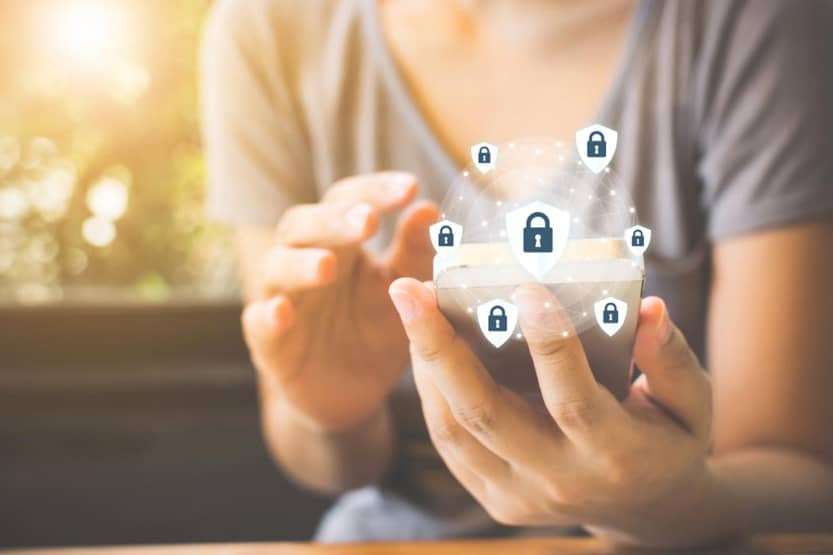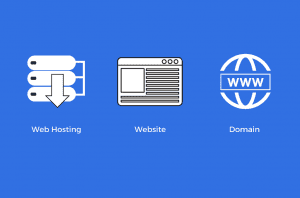
From the massive rate of data breaches, shady exploration of photos online, and tracking of every online step and processes, the list of digital annoyances is endless. However, at this point, you shouldn’t feel completely hopeless. This is because you do not have perfect control over your data.
While you should be more concerned with the slow erosion of your online privacy, it’s still not a lost cause. There is a wide range of steps you can take to protect your online privacy and increase the security of your online information. One of the simplest solutions is to adhere to the old adage, which says, “if you want something done rightly, you should do it yourself.” Here are a few of the ways to keep your online privacy intact.
Share Less Online
If you have any personal information ranging from data, picture, or videos, and you do not want to expose it to the world, then you should desist from sharing online. For instance, pictures revealing you out partying or drinking might be something you do not want to expose so as not to get in the hands of employers or even members of your family. Remember, the easiest way to keep your information private is to desist from sharing at all.
Educate Yourself
Online privacy is an issue you should address with a high level of concern. For instance, groups such as LookOut and Black Hat regularly studie it to provide the general audience with comprehensive information, and protective tips and tricks. Whenever you are concerned with any issues of threats to your online privacy, you should study the issue online as much as you can. With this, you’ll clearly understand the right measures to protect your information.
Tighten Your Privacy Settings
Social media platforms such as Facebook, Twitter, Instagram, and other websites want your information to be shared online. This is why the default privacy and security settings on these platforms can be as loose as they can be. However, Facebook and other advanced sites offer a customizable privacy setting that provides you with the opportunity to limit the number of people that can see your shared contents. So, you can restrict sensitive information such as your email addresses or phone numbers to only your close friends or acquaintances. With this, you’ll protect your privacy to some extent.
Online privacy is almost fading away, but that doesn’t mean you should dish out all sensitive information about you to the general public. With the few tips we’ve discussed earlier, you can decide on the best ways to protect yourself and your information!



